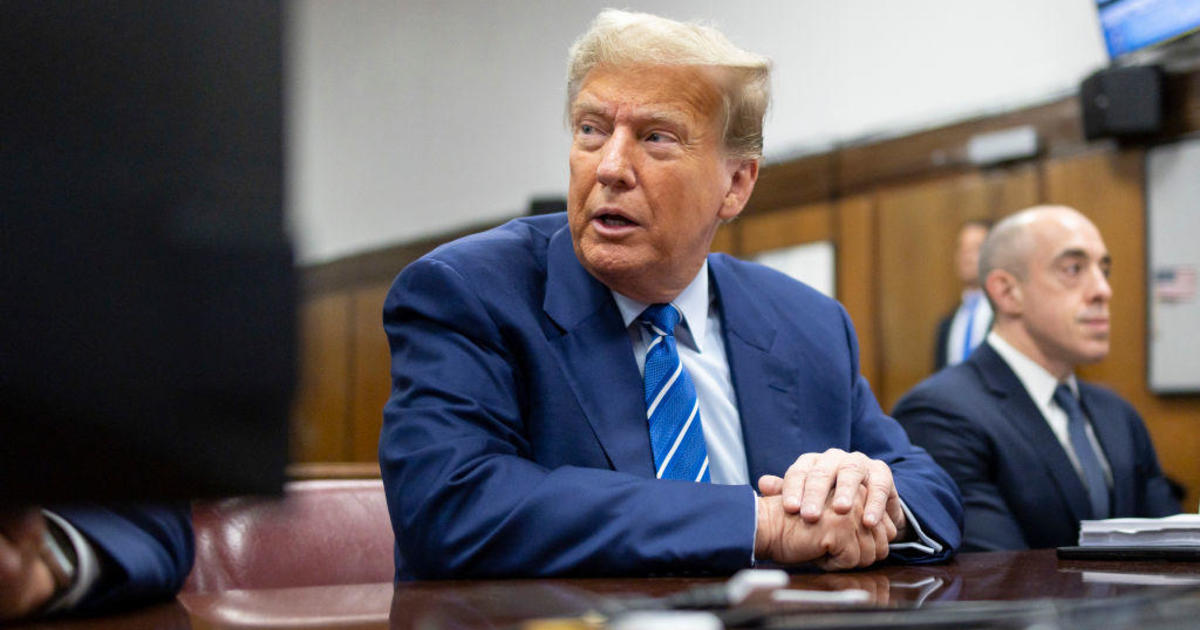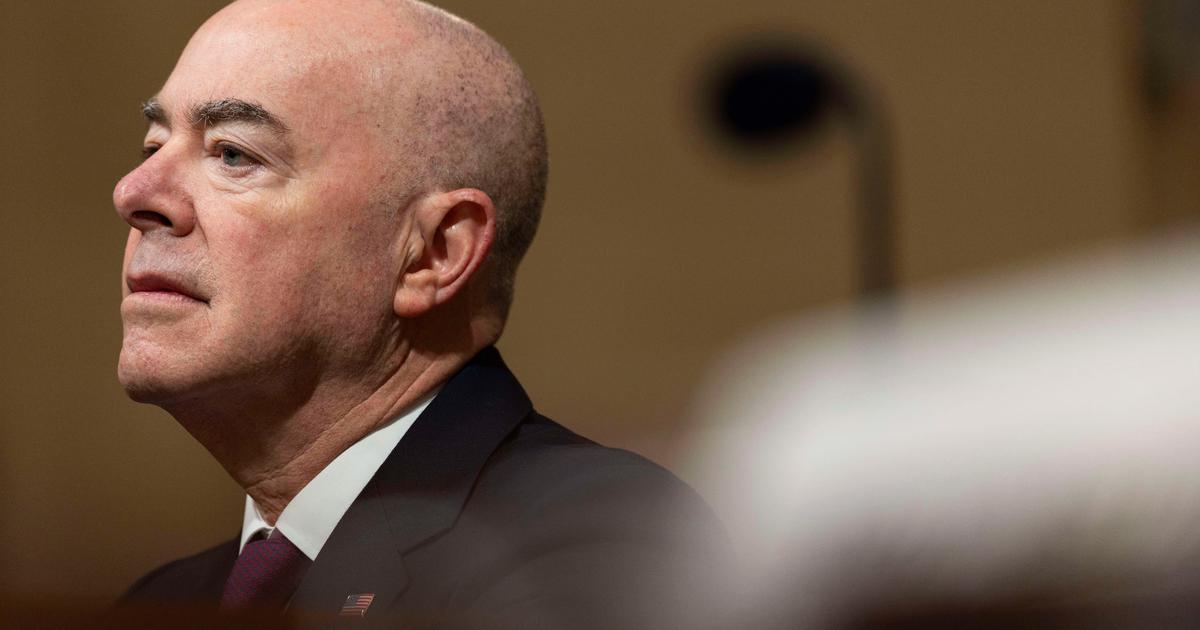Why Barr set a "dangerous precedent" and one senator "gets an A+" for her questioning
Attorney General William Barr did not testify before the House Judiciary Committee as scheduled Thursday, heating up an already tense dispute with congressional Democrats. The committee could vote soon to hold Barr in contempt of Congress for refusing to hand over the unedited Mueller report.
Barr spent more than five hours Wednesday answering senators' questions about Robert Mueller's investigation. Critics of Barr said he seemed more like the president's defense lawyer than the attorney general during Wednesday's hearing.
CBS News legal analyst Rikki Klieman said that Barr's answers on Wednesday as well as his written statements before that "worked as an apologist" for President Trump who expressed "frustration" for feeling that he was unable to govern as a result of being "falsely accused." She also noted that although the Justice Department is part of the executive branch, it is intended to be the arbiter of fairness.
"What Barr winds up saying during the course of testimony is that any president, not just this president, if he or she believes they are being falsely accused, they have the right to get rid of that accuser. That is a very dangerous precedent indeed," Klieman said.
If Barr is held in contempt of Congress and still refuses to hand over the unredacted version of the Mueller report, he can be fined and possibly even arrested, according to Klieman, who added, "We're really in uncharted territory."
In his opening statement, Barr defended his decision to weigh in on whether the president obstructed justice, saying it would be "irresponsible and unfair" for him to release the report without doing so. Klieman said the hearing further solidified the need to hear from Robert Mueller himself.
"There is evidence about obstruction but yet there isn't evidence about obstruction enough to convict him in a criminal case. So who has the primary evidence? Robert Mueller."
Barr made it clear that he and Rod Rosenstein came to a conclusion of about 10 instances of obstruction or potential obstruction, which Klieman found disturbing. Klieman praised Sen. Amy Klobuchar for drawing on her legal background and the idea of looking at the totality of evidence to determine a conclusion.
"I thought Amy Klobuchar gets an A+ because she had a goal in her questions and she got to it," Klieman said. "She talked about lingering those pardons, putting them out there, and acts of obstruction and why doesn't the totality bring us to a different conclusion."



